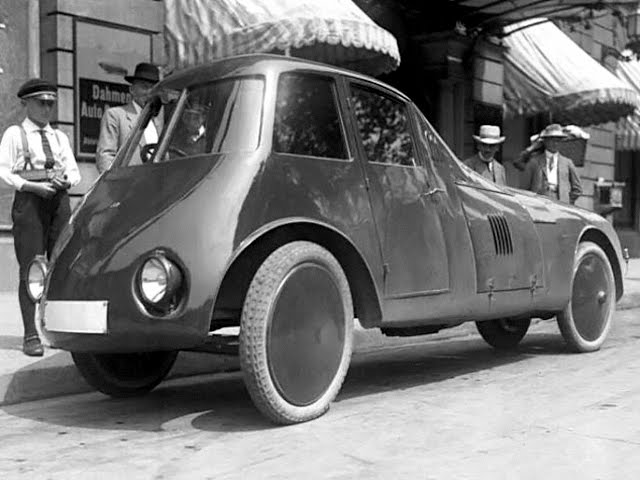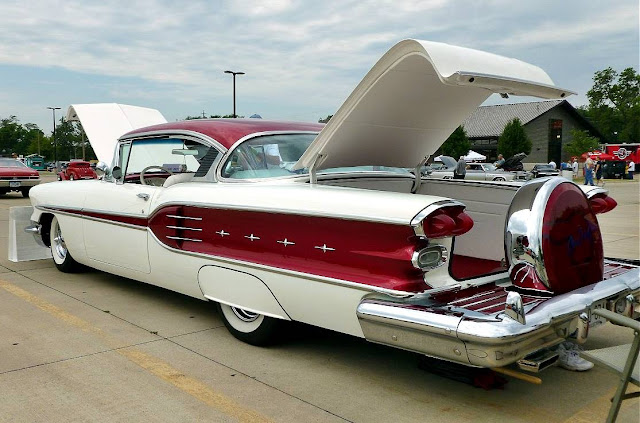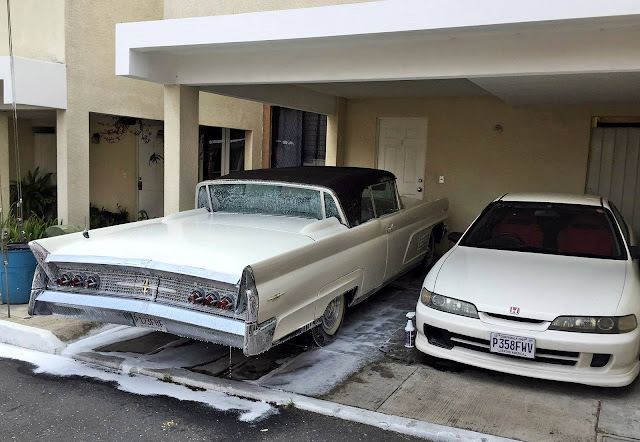They nearly-always involve thong-wearing guys dancing on poles, hardly anybody has shirts on,
more groping & making out goes on than bar room banter, and lewd behavior is the norm.
(It really projects a devious image, doesn't it).
Anyway, he calls it his "recharge" for EVERY week--done on Thursday, Friday and Saturday nights. He chooses not to give much time to anything else.
Curious, I polled my friends for how they recharge. I got interesting answers. City-dwelling gay friends tend to do the same: drink excessively and ply themselves into pleasurable mischief.
-"Rather than follow trends, I follow my own path."
-"Going to midnight mass."
-"Composing music."
-"Playing anything on the piano."
-"Wine."
-"Paul Taylor dance company!"
-"Thinking of the last day of school."
-"Nature walks."
-"My beautiful husband!"
-"Something as simple as putting on a jazz song."
-"Sessions with my voice coach."
-"Driving down the Palisades."
-"My two cats."
-"Oddly enough, my kids."
-"Working out while watching my favorite TV shows."
-"Yoga."
-"Journal writing."
-"Being focused on a passion."
-"My teaching."
-"Meditation."
-"Walking around grocery stores."
-"Prayer."
-"Fishing."
-"My dog, who never fails to relax me."
-"Designing."
-"Listening to others' stories."
-"Music and books."
-"Gardening."
-"Watching figure skating."
-"Talking with my family."
-"Life is beautiful when you let it be."
-"Singing with the chorus."
-"My partner, Gregg."
-"Being grateful."
-"The same thing has kept me sane for decades: love."
-"Being present to care for friends."
-"Being in action."
-"My boyfriend and my pajamas."
-"Attending live music performances."
-"Activism."
-"Little things: quiet time, window shopping, coffee."
-"Buddhist practice."
-"Taking care of my shop."
-"Making food with my children."
-"Animal rescue."
-"Nature."
-"Seeing what amazing things my friends are doing."
-"Playing my guitar."
-"At age 76, being able to perform with my own band."
-"Walking my Yorkie."
-"My other half!"
-"Remembering the good in the world, and that I'm alive to add to it for another day."
-"Volunteering in my community to make a difference."
-"Taking time to tune into me and tune out what isn't helping."
-"The beach here in Puerto Vallarta."
-"Feeling free and looking to the future."
-"Singing music."
-"Golf."
-"Living in the moment without being discourteous to anyone."
-"Drawing caricatures."
-"The arts, in particular music."
-"Spin class with my boys."
-"Pushing through to get things done."
-"Knowing when to unplug."
-"Gratitude, inner peace, connectivity."
-"Reading great stories."
-"Walking beside the ocean."
-"My new wife helping bring joy and comfort to my patients."
-"Being with you, Ken! And reading your blog."
-"Sitting on my porch, watching the water."
-"Rehearsing beautiful music that keeps my musicians in our collective hearts."
-"Staying informed."
That's quite a disparity of priorities. But then again, some guys are content to spend several years in blissful stupor.
This is somewhat related to my previous entry:

































































.jpg)






.jpg)
.jpg)


.jpg)

























